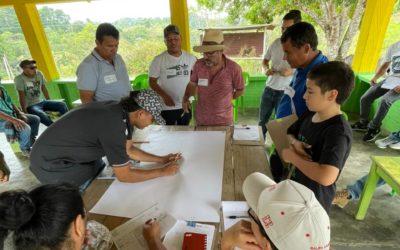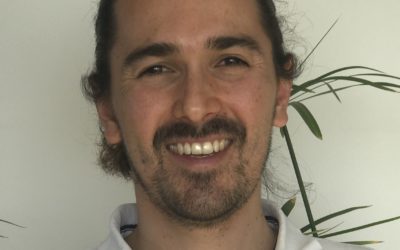sustainable landscapes
Transforming supply chain landscapes into hubs of sustainability
Our Approach
At Sustainable Landscapes, we empower organizations to transform supply chain landscapes into hubs of sustainability. Through our innovative Sustainable Landscapes Assessment Tool (SLAT), we provide participatory frameworks that enable stakeholders to co-create actionable agreements with tangible positive impact, measure progress using globally standardized metrics, and facilitate real-time community monitoring.
How SLAT Drives Change

Participatory Construction of Landscape Agreements with a Sound Theory of Change
Build partnerships with resource users like farmers, ranchers, and miners to co-create actionable agreements that address societal and environmental needs.
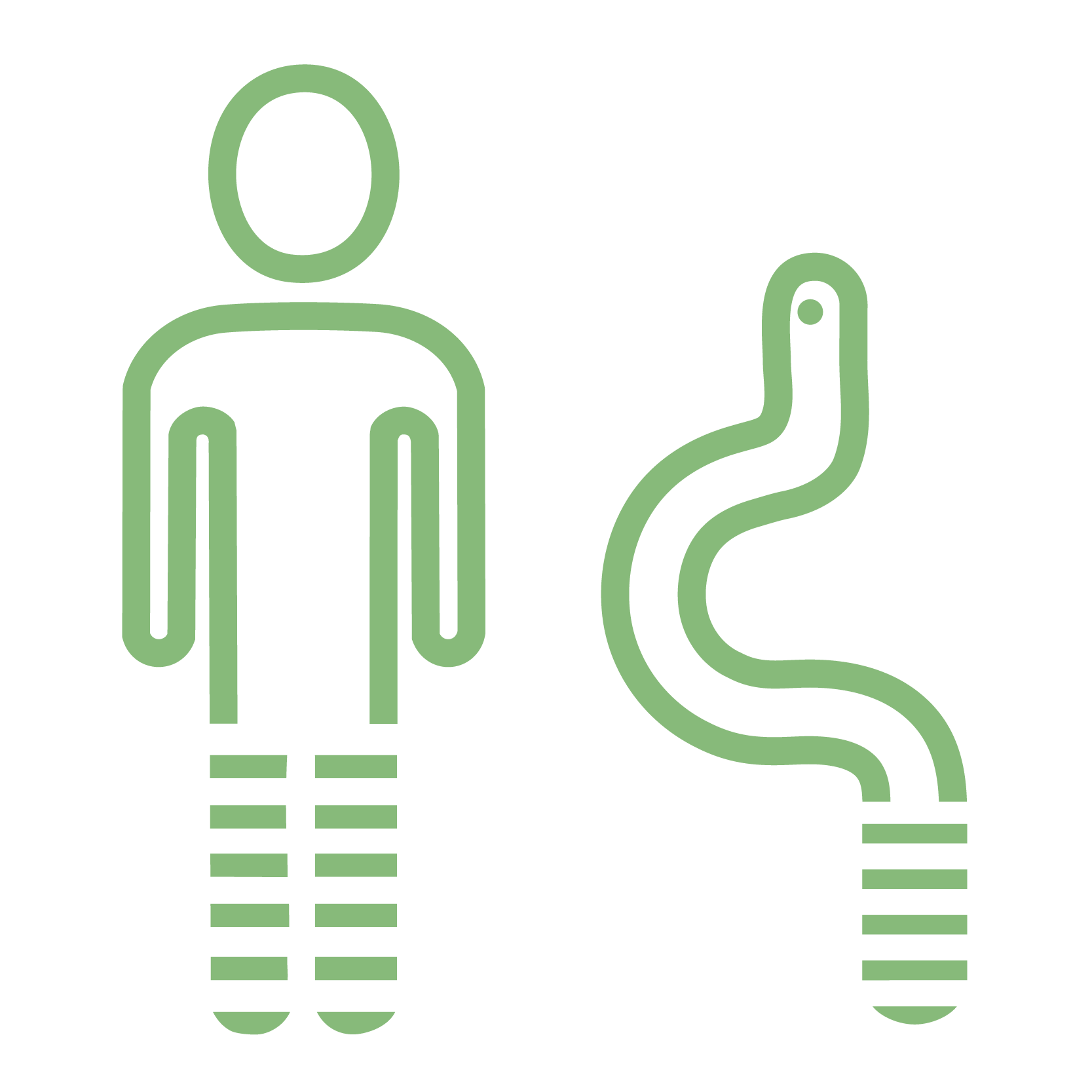
Standardized Assessment Tool
Leverage our Data-Driven Sustainability to measure progress with globally comparable indicators, tailored to your unique territory.
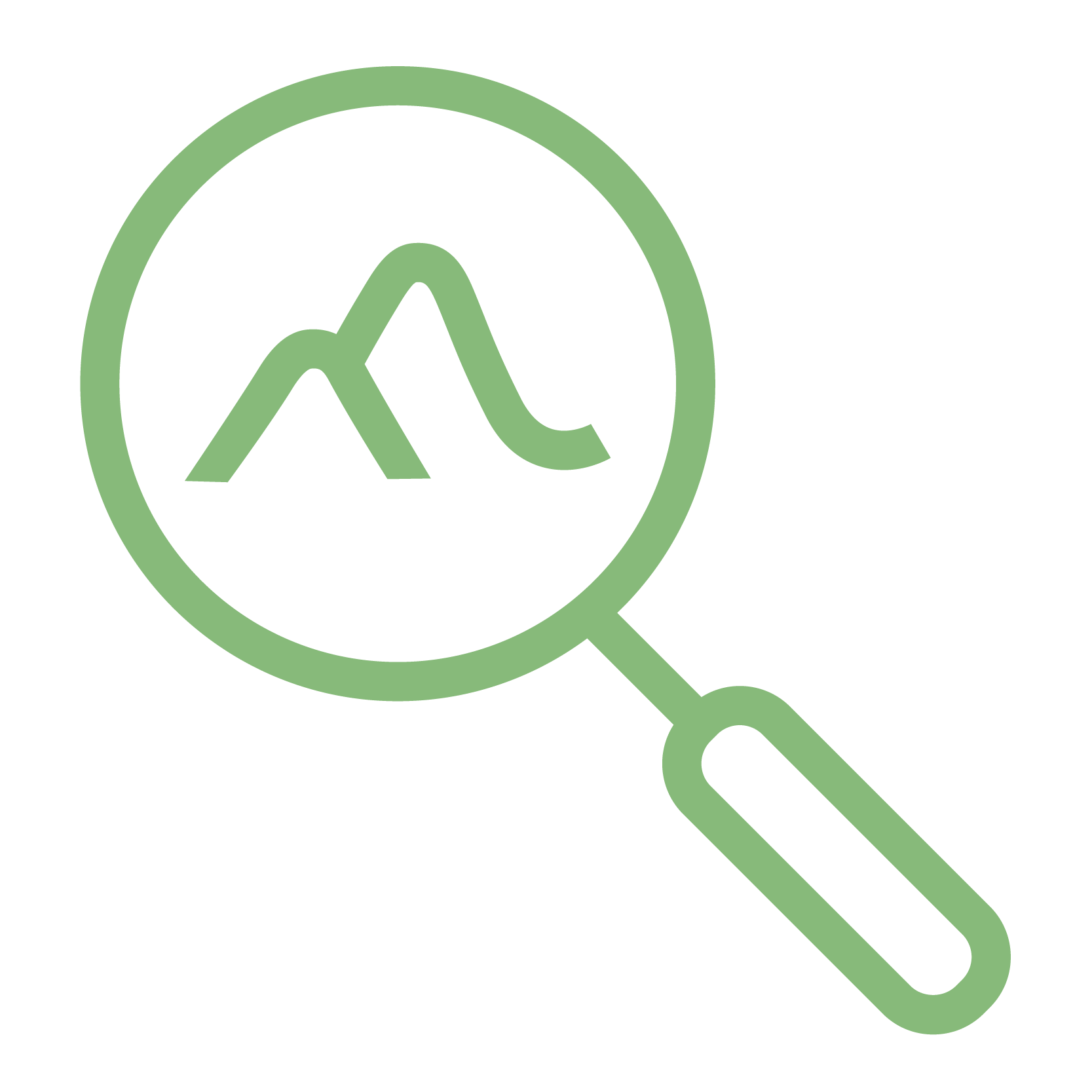
Community Monitoring Model
Simplified Monitoring for Maximum Impact through our model, in which, resource users report real-time changes via a web application, ensuring seamless tracking of progress and impact.
Your Impact With SLAT

Co-created plans capable of positive change
Consolidating landscape plans built participatively, with the capacity to protect and regenerate critical natural resources while improving societal demands.

Enhanced Credibility
Demonstrate measurable socio-environmental impacts to stakeholders and partners.
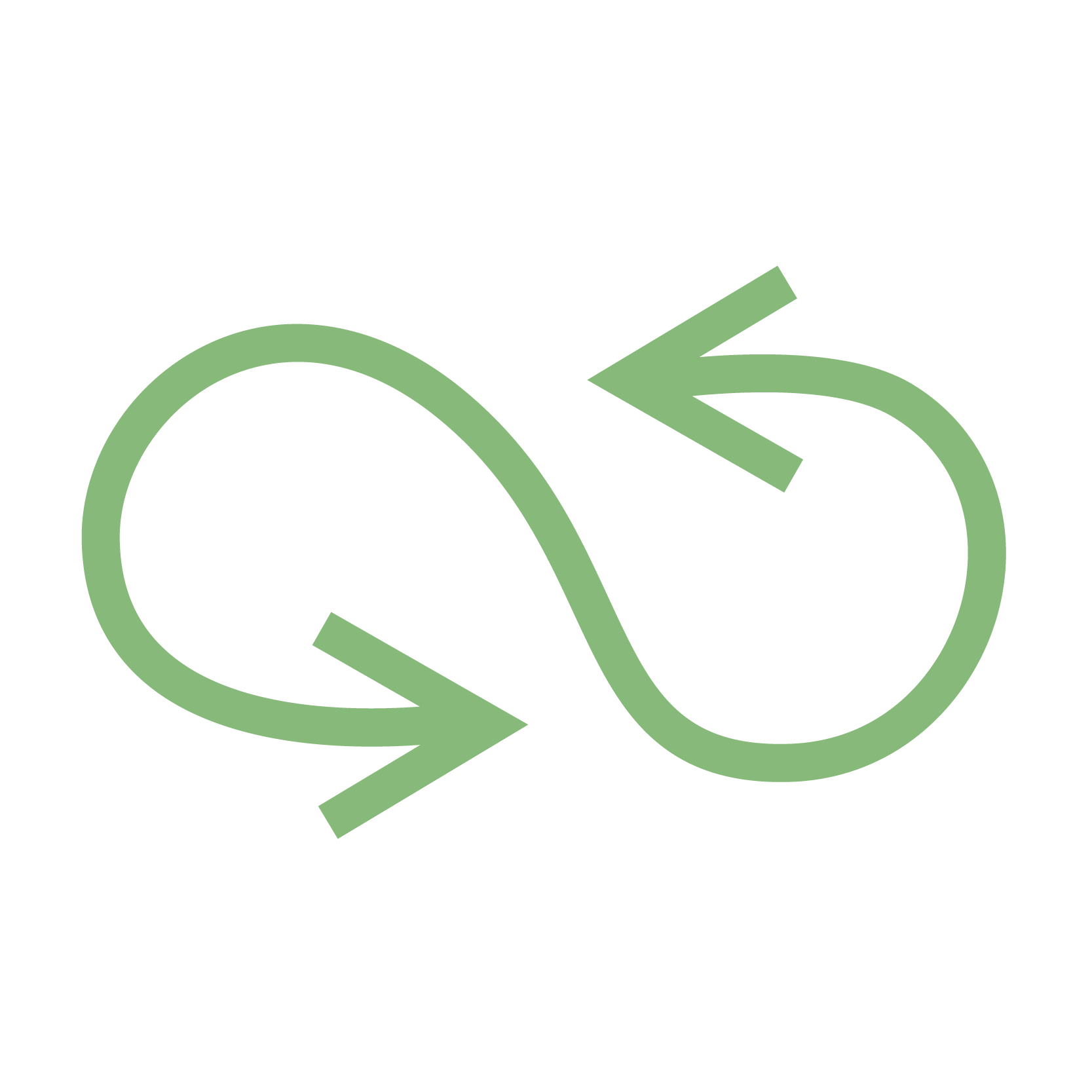
Creating value for communities
Creating value by leveraging data collection processes, enhancing transparency and decision-making while strengthen trust with local communities by involving them in participatory decision-making.
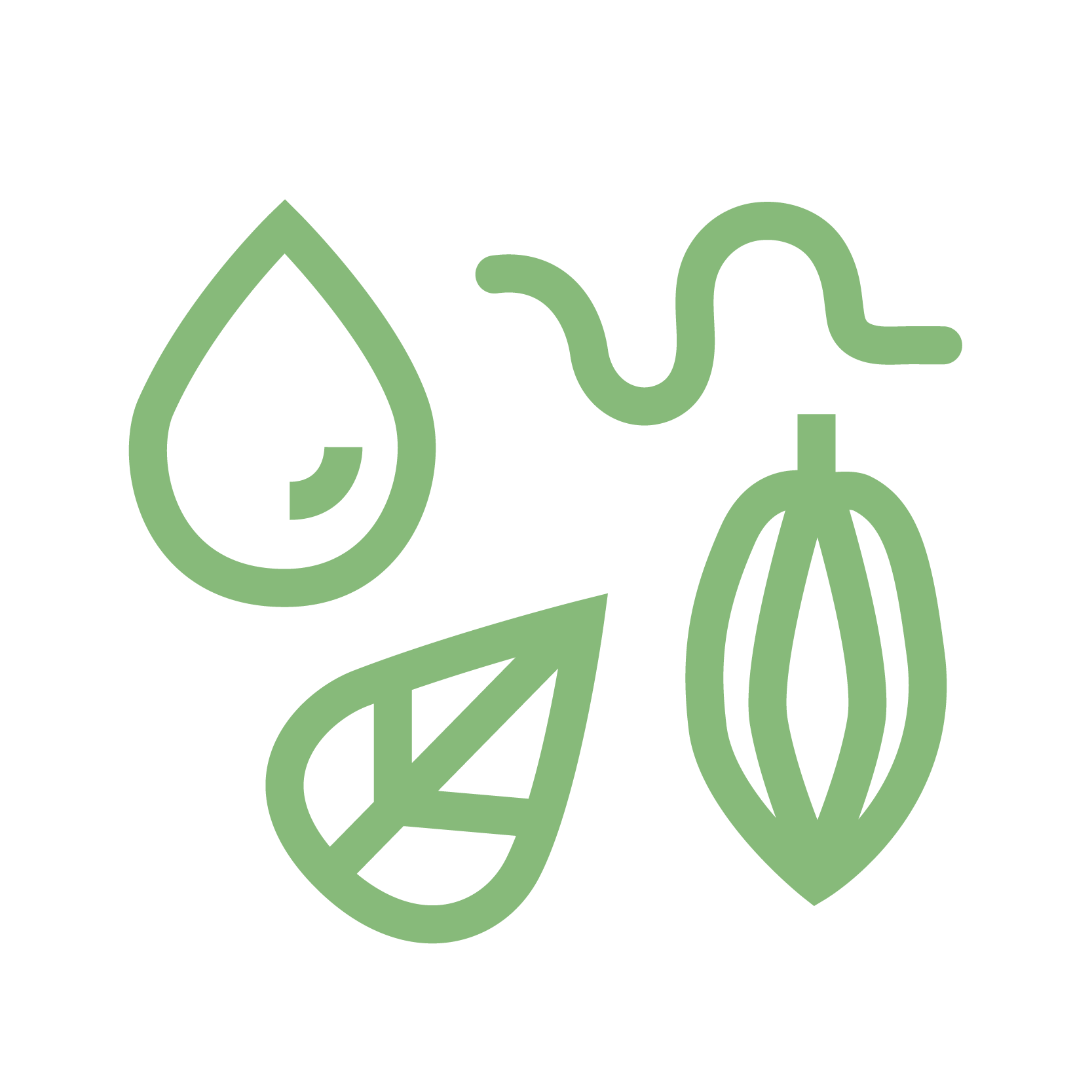
Reliable Access to Key Inputs
Safeguard the long-term availability of vital supplies like coffee and cocoa by fostering sustainable farming practices and ensuring resilient supply chains
Insights from the Field
Regenerating Cocoa Landscapes Through Strategic Alliances and Territorial Innovation
At the heart of sustainable cocoa lies a question that continues to shape global conversations: Can we pay more for cocoa that regenerates landscapes and improves lives?
While premium chocolate brands and niche markets offer one answer, the broader transformation of cocoa systems requires something deeper: alliances that connect producers, institutions, and territories around shared goals.
Challenges and solutions for a socio-environmental evaluation framework of sustainable development interventions.
The scientific literature is abundant, and the assessment instruments are varied and sophisticated. However, there is a challenge in identifying an instrument that can compare the impact on different ecosystems and at different scales, both on ecosystem services and societal demands and at a reasonable cost, of interventions with convincing theory of change.
SLAT: A Journey Rooted in Landscape and Legacy
The SLAT (Sustainability Landscape Assessment Tool) was born from over 15 years of hands-on experience in tropical landscape sustainability, particularly within the coffee value chain. Our founder’s journey began with the design of the sustainability management plan for Colombia’s Coffee Cultural Landscape—later recognized as a UNESCO World Heritage Site. This formative work laid the foundation for his doctoral research at the University of Lausanne, where he explored sustainability across coffee-producing regions.
Our partners
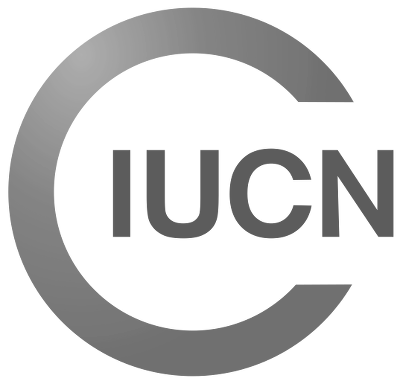

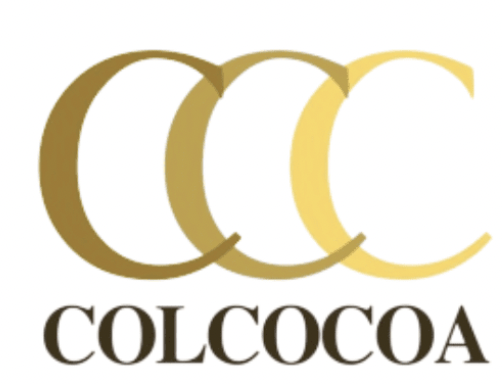

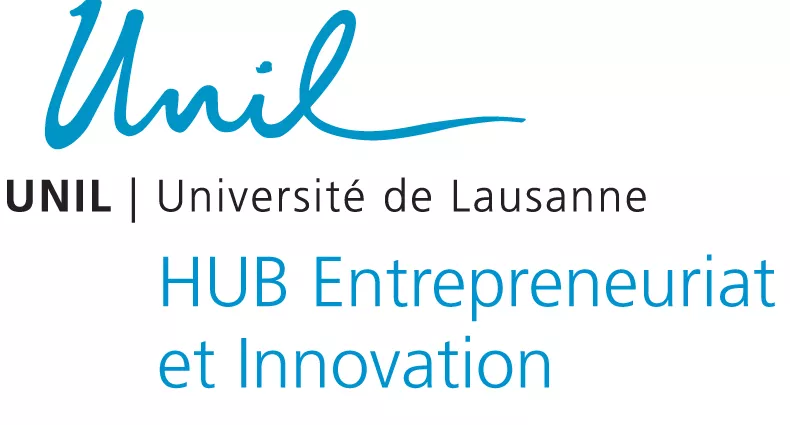

Get Started
Let's build Sustainable Landscapes together
Sustainable Landscape's monitoring platform


